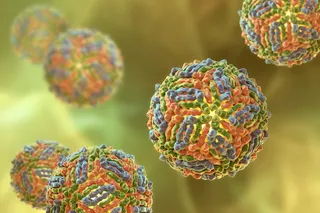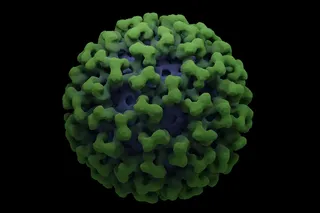As of November 24, the first cases of the new COVID-19 strain, the Omicron variant, were reported to the World Health Organization from South Africa. Since then, Omicron has been detected in several other countries. WHO has stated that this variant is more contagious and possibly more dangerous. This is what we know so far.
Although not reported to WHO until November 24, the first Omicron sample came from an individual tested on November 9. Since then, the new strain has been reported in the following countries:
The United Kingdom
Australia
Italy
Germany
The Netherlands
Israel
Hong Kong
Canada
Belgium
Botswana
Switzerland
As of this writing, no cases have been detected in the United States.
All of these countries reported the variant after individuals returned home on airplanes from South Africa and other areas in southern Africa.
Although medical researchers are still gathering data, Omicron appears to be much more ...















